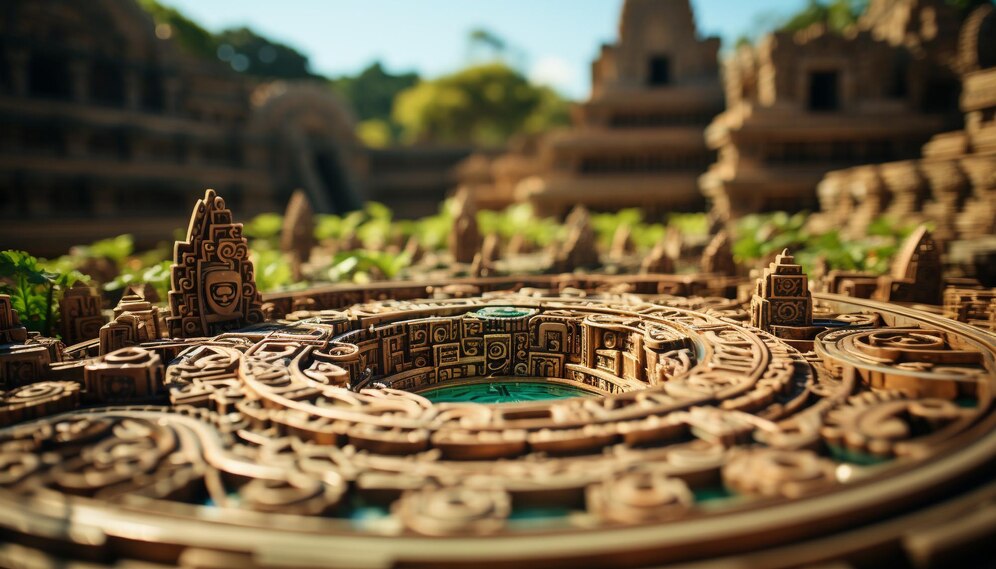The notion of Soûls transcends mere religious doctrine; it’s a concept deeply embedded in the fabric of human existence. Soûls represent the essence of being, the intangible core that defines individuality and spirituality. In this in-depth exploration, we’ll delve into the historical, philosophical, and existential dimensions of Soûls, shedding light on their significance across cultures and throughout history.
Understanding the Nature of Soûls
Defining Soûls
At its core, the Soûl defies easy definition. It’s the intangible essence that animates life, the seat of consciousness that exists beyond the physical realm. While various religious and philosophical traditions offer their interpretations, the essence of the Soûl remains elusive yet deeply resonant.
Philosophical Perspectives
From ancient philosophers to modern thinkers, the concept of Soûls has been a subject of profound inquiry. Plato’s allegory of the cave and Descartes’ notion of the “thinking Soûl” are just a few examples of the philosophical musings that have shaped our understanding of the Soûl’s nature and existence.
Historical and Cultural Context
Origins of Belief
The belief in Soûls traces back to the dawn of human civilization. Ancient cultures across the globe, from the Egyptians to the Greeks, held beliefs in an afterlife where the Soûl would continue its journey beyond death. These beliefs evolved over time, intertwining with religious doctrines and cultural practices.
Religious Significance
In religious traditions worldwide, Soûls play a central role in concepts of salvation, reincarnation, and divine judgment. Whether it’s the Christian notion of the immortal Soûl destined for heaven or the Hindu belief in the cycle of birth and rebirth, Soûls offer a lens through which believers understand the mysteries of existence and the afterlife.
Contemporary Perspectives
Soûls in the Modern World
In today’s secular society, the concept of Soûls continues to resonate, albeit in nuanced ways. While some embrace traditional religious teachings, others explore spirituality through mindfulness practices, holistic healing modalities, and personal introspection. The quest for meaning and connection with the Soûl remains a fundamental aspect of the human experience.
Science and Soûls
Despite its intangible nature, the concept of Soûls has piqued the interest of scientists and scholars alike. Neuroscientists study consciousness, psychologists explore the depths of the human psyche, and physicists ponder the mysteries of the universe—all seeking to understand the nature of the Soûl from different perspectives.
Exploring the Soûlful Journey
The Afterlife
One of the most enduring questions surrounding Soûls is what happens to them after death. Across cultures, beliefs range from concepts of heaven and hell to notions of reincarnation and spiritual transcendence. These beliefs not only offer comfort in the face of mortality but also shape the way individuals live their lives.
Soûlful Connections
At its essence, the concept of Soûls underscores the interconnectedness of all beings. By fostering Soûlful connections with others, individuals cultivate empathy, compassion, and a sense of shared humanity. Whether through acts of kindness or moments of shared vulnerability, these connections enrich the fabric of human existence.
Conclusion: Embracing the Enigma
In our journey through the depths of the Soûl, we’ve encountered a concept both profound and elusive. From its ancient origins to its contemporary significance, Soûls continue to captivate the human imagination, inviting us to ponder the mysteries of existence and transcendence. As we navigate the complexities of the modern world, may we embrace the enigma of the Soûl and the profound questions it inspires.
Is this article helpful? Keep reading our blog for more.
FAQs
- Can Soûls communicate with the living?
Beliefs about communication between Soûls and the living vary widely across cultures and religious traditions. Practices such as mediumship and ancestor veneration suggest the possibility of such communication, while skeptics attribute such phenomena to psychological or environmental factors. - Is it possible to prove the existence of Soûls scientifically?
The existence of Soûls is a matter of faith and philosophical inquiry rather than empirical observation. While scientific research may shed light on aspects of consciousness and the mind, the existence of an immortal Soûl lies beyond the scope of empirical verification. - How can I nurture my Soûl?
Nurturing the Soûl involves engaging in practices that promote spiritual well-being and inner harmony. This may include meditation, mindfulness, acts of kindness, and fostering meaningful connections with others. By prioritizing Soûl care, individuals can cultivate a deeper sense of purpose and fulfillment in their lives. - Are Soûls immortal?
The concept of Soûls as immortal entities varies across religious and philosophical traditions. While some believe in the eternal nature of the Soûl, others subscribe to notions of reincarnation or spiritual transformation after death. - What happens to Soûl’s after death?
Beliefs about the fate of Soûl’s after death vary widely across cultures and religious traditions. Some believe in concepts of heaven and hell, while others envision a cycle of rebirth or spiritual transcendence. Ultimately, the fate of the Soûl remains a profound mystery that defies easy explanation.





